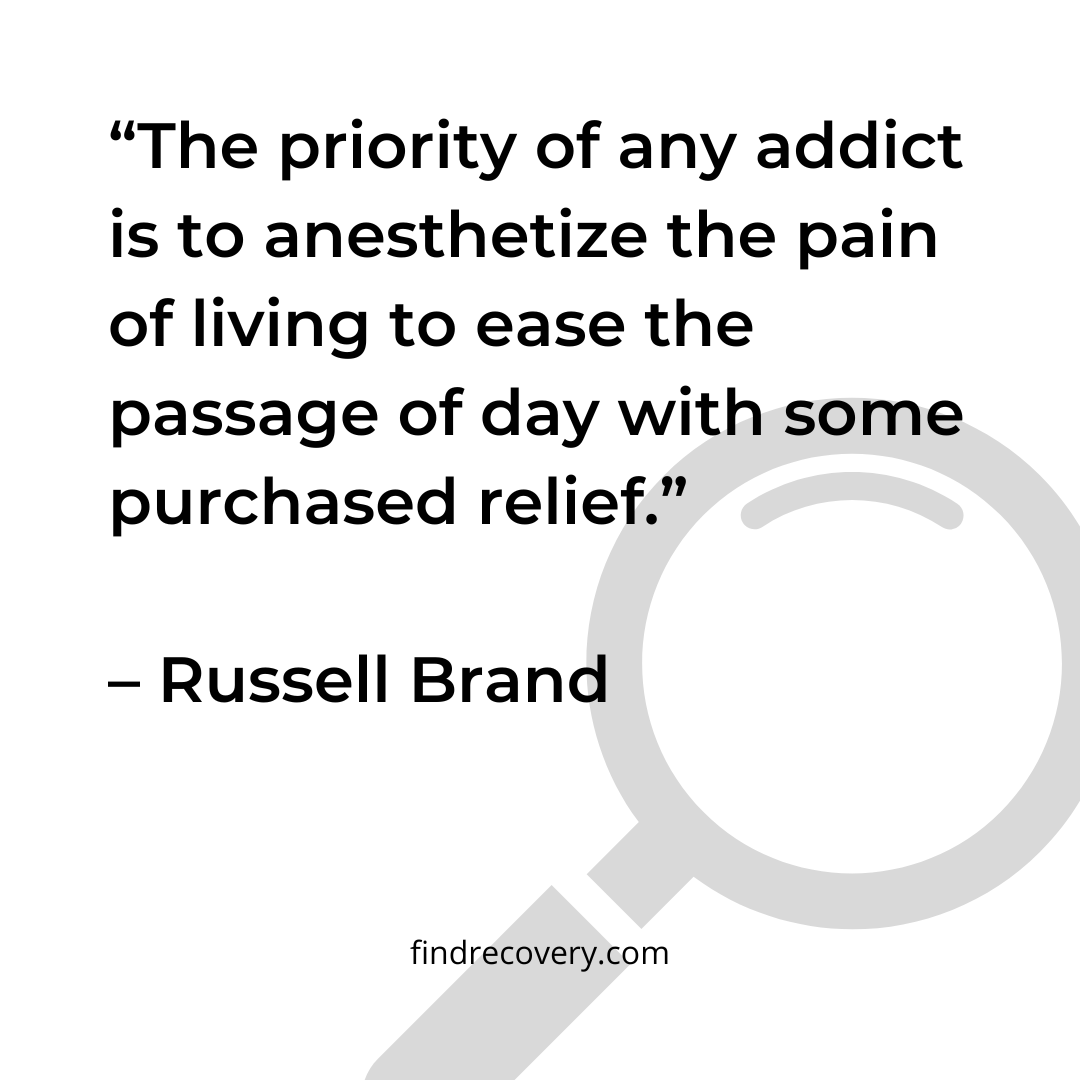Many believe there is a right time to start recovery, but waiting often makes things more challenging. The truth is that the best time to begin recovery is now. Addiction can affect your health, relationships, and future opportunities. The longer you wait, the more difficult it can be to overcome these challenges and break free. By starting recovery today, you take the first step toward a better life in 2025.
Why You Should Start Recovery Now, Not Later
A common thought among individuals struggling with addiction is, “I will start tomorrow.” However, this mindset can lead to long-term struggles. Here are some reasons why delaying recovery can be harmful:
- Addiction deepens over time. The longer a person uses substances, the harder it becomes to quit.
- Health deteriorates. Substance use can harm physical and mental health, leading to issues such as liver disease, depression, and anxiety.
- Relationships suffer. Addiction often strains family and friendships, making it harder to rebuild connections later.
- Opportunities are lost. Postponing recovery may affect job stability and financial health.
Starting recovery today can prevent these challenges from growing. The sooner a person commits to change, the sooner they can rebuild their life.
Setting Recovery Goals for 2025
A strong recovery plan includes clear and achievable goals. Experts recommend using the SMART goal framework:
- Specific: Define clear objectives (e.g., attend three support meetings per week).
- Measurable: Track progress, such as counting sober days.
- Achievable: Set realistic goals based on personal circumstances.
- Relevant: Ensure goals align with long-term recovery plans.
- Time-bound: Establish deadlines for milestones.
Short-term goals might include attending counseling, joining a support group, or developing healthy coping strategies. Long-term goals could focus on career growth, rebuilding relationships, or maintaining sobriety for an extended period.
Benefits of Early Recovery: What Your 2025 Can Look Like
Starting recovery early sets the stage for a healthier, more stable 2025. Some of the key health benefits include:
- Improved physical health. After quitting, Many experience better sleep, increased energy, and a stronger immune system. Sobriety can also reduce the risk of serious diseases such as liver failure, heart disease, and respiratory issues.
- Mental clarity and emotional stability. Sobriety reduces anxiety, depression, and mood swings, allowing individuals to think clearly and make better decisions.
- Stronger relationships. Consistent actions and open communication make rebuilding trust with family and friends possible. Early recovery also creates opportunities to develop new, healthy relationships with individuals who support sobriety.
- Financial and career stability. Many individuals find it easier to maintain employment and manage finances after quitting substances. The money previously spent on addiction can be redirected toward savings, education, or other meaningful goals. Long-term financial security is often a major benefit of sobriety.
- Increased sense of purpose. Many people in recovery discover new interests, passions, and goals. Whether through career advancement, personal growth, or creative pursuits, sobriety often opens doors to new opportunities.

How to Start Recovery Now
Recovery requires commitment, but small steps make a big difference. Here are five essential steps to begin:
- Recognize the problem and commit to change. Acknowledge the need for help and take responsibility for seeking support.
- Seek professional help. Treatment options include detox programs, inpatient or outpatient rehab, and therapy. Some people benefit from working with addiction counselors or medical professionals specializing in recovery.
- Build a sober support system. Surrounding yourself with supportive friends, family, or a recovery group improves long-term success. Consider joining 12-step programs (AA or NA), online recovery communities, or local addiction support networks.
- Develop coping strategies for triggers. Identifying and managing triggers, such as stress or social situations, can prevent relapse. Learning new stress-management techniques, such as mindfulness or exercise, can be beneficial.
- Find meaning in recovery. Engaging in hobbies, career advancement, or spirituality can create a fulfilling life beyond addiction. Many find purpose in volunteering, creative expression, or fitness programs reinforcing a healthy lifestyle.
- Create a structured daily routine. A predictable routine helps reduce stress and maintain focus on recovery. Prioritizing healthy habits such as regular meals, exercise, and self-care activities supports long-term success.
- Celebrate progress. Recognizing achievements, whether small or large, reinforces positive behaviors. Rewarding yourself with meaningful, sober activities can motivate you to continue.
The best time to start recovery is today. Waiting for the perfect moment can lead to more challenges down the road. By setting clear goals, seeking support, and taking action, you can build a brighter future in 2025. Take the first step by exploring available recovery options and committing to a healthier life.
